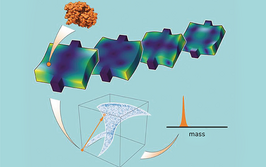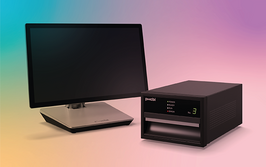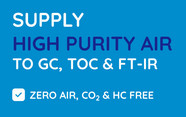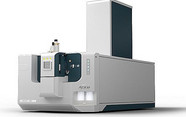Vehicle interior air quality – (S)VOC emission from materials

contributed by Markes International Ltd |
Regulation, standard methods and analytical implementation
Introduction
Exposure to air pollutants has for many years been recognised as a major cause of health problems. Historically, pollutants from vehicle exhaust and the burning of fuels were of primary concern, but as urban air quality has generally improved, attention has shifted to vehicle interior air quality (VIAQ). Emissions of volatile and semi-volatile organic compounds from car interiors can have an adverse effect on VIAQ, raising concerns for passenger health and safety.
As a result of these concerns, VIAQ is of growing importance to the automotive industry, and has culminated in the development of harmonised methods (e.g. ISO 12219 series) to quantitate the release of chemicals from materials used in car manufacture. Methods generally specify the use of environmental chambers, vapour sampling onto sorbent tubes and analysis by thermal desorption (TD) with conventional GC–MS. However, the broad range of sample types and the presence of target compounds at ultra-trace levels, often within complex matrices, provide a challenge to analytical chemists.
Log in or register to read this article in full and gain access to The Analytical Scientist’s entire content archive. It’s FREE!

















